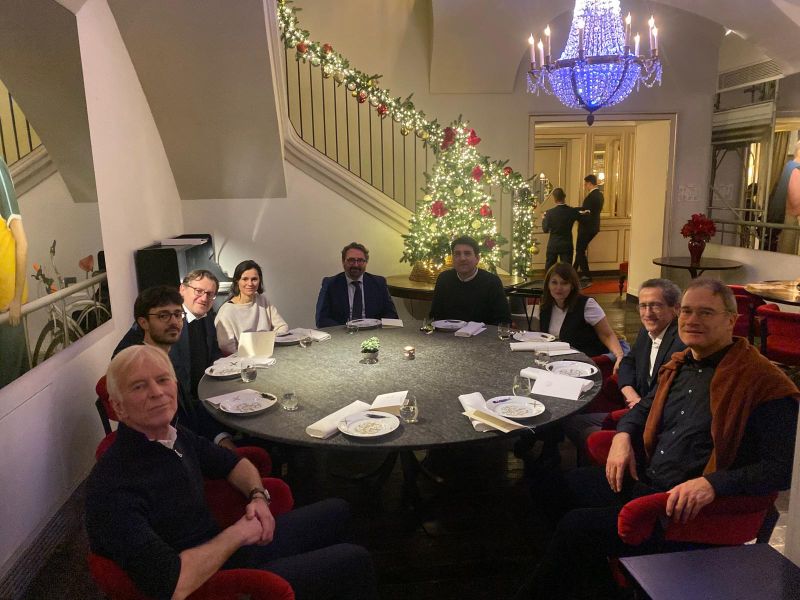

The project’s mission is to develop new AI approaches that can be applied to improve current inspection procedures, SHM data processing and resilience decision-making.
The project will also achieve socio-economic objectives:
The project is focused on several measurable Research Objectives:


Establish a comprehensive Massive Open Online Course (MOOC) with microcredentials, incorporating knowledge from summer and winter schools, workshops, industrial days, conferences, and engagements with operators and legislators. Provide multidisciplinary training for researchers and the general public, fostering skill enhancement, knowledge transfer, and cross-sector collaboration. The course will promote the benefits of climate resilience in sustainable critical infrastructure and cultivate a community of practitioners.


Under the Grant Agreement no. 101169429